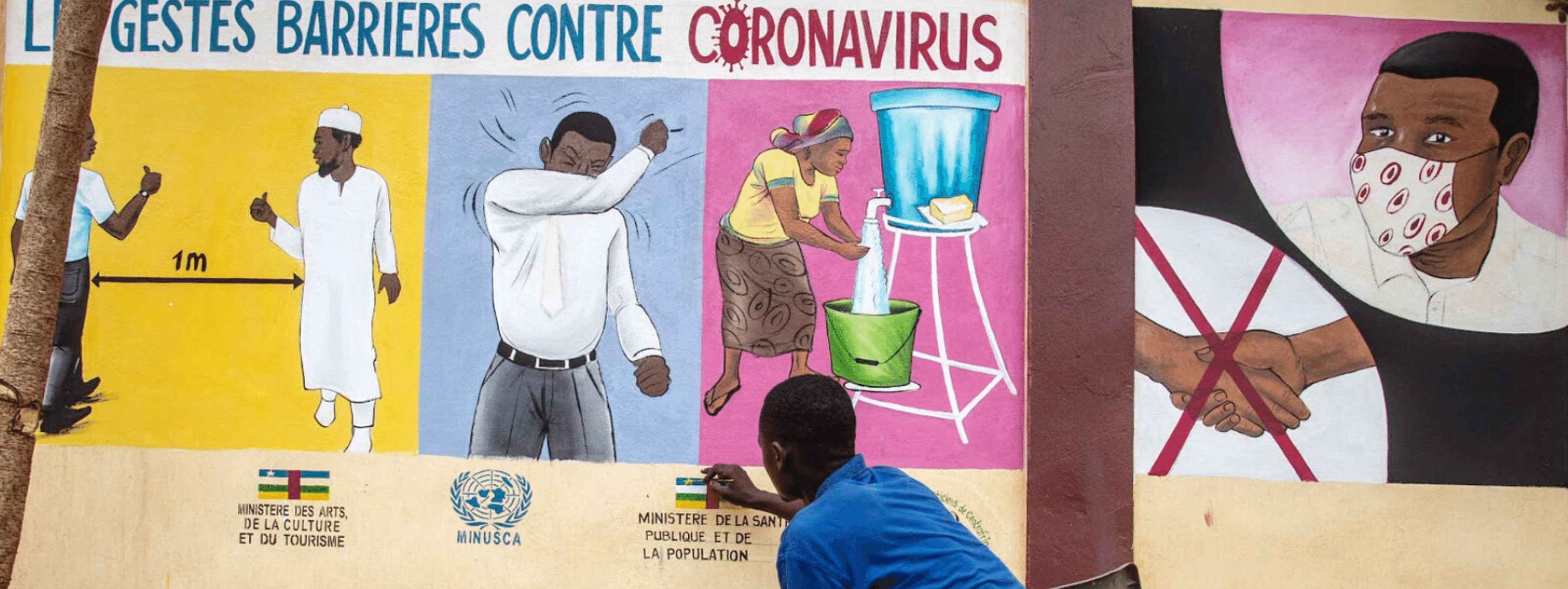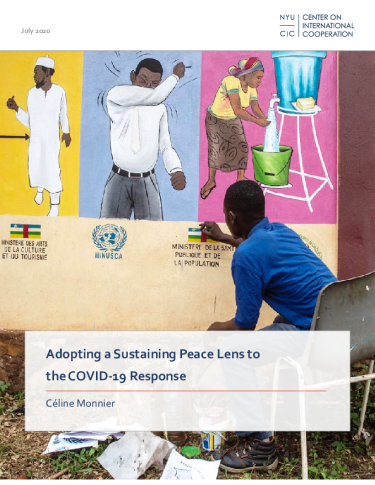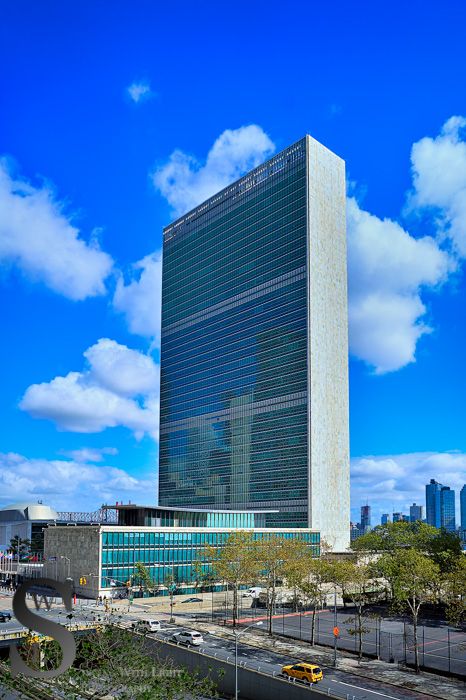COVID-19 is creating a series of crises that increase the risk of conflict worldwide. Beyond the health impact, issues like worsening inequality, food insecurity, human rights abuses, and political tensions can deepen pre-existing social fractures in any country, creating additional layers of grievance. Addressing these risks early on and building resilience to them is key to preventing the potential for violence. But the pandemic also brings new opportunities for peacebuilding.

A system-wide implementation of the sustaining peace approach is critical to ensure that United Nations response contributes to decreasing risks for violent conflict in the longer term—including efforts to “build back better.” This report draws on interviews with 25+ individuals across the UN system and member states to highlight some of the key challenges for peacebuilding in the immediate COVID-19 period as well as in the longer term. The report documents how entities across the UN have made positive steps toward implementing a sustaining peace approach, and provides recommendations for deepening these gains across the system.
Download the full report here.



